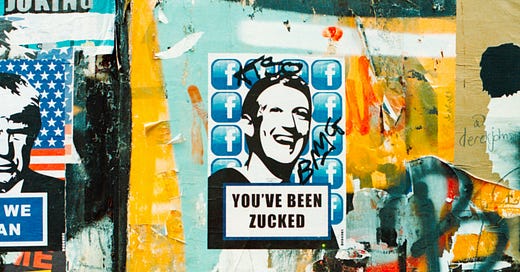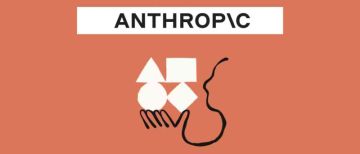WhatsApp, the world’s most popular messaging app, is finally getting ads — and the rollout has already begun. In a move announced by Meta on Monday, users can now expect to see sponsored content appear within the app’s Status feature — WhatsApp’s version of Instagram or Facebook Stories.

This feature, located under the “Updates” tab, lets users share disappearing text, photos, voice notes, and videos with their contacts. However, the next time you check a friend’s status update, you might find it bookended by an ad from a business instead. It’s a shift that’s been long in the making. Meta, which owns WhatsApp, had been exploring monetisation through advertising for several years — an idea staunchly opposed by WhatsApp’s original founders. Although the company shelved the idea back in 2020, WhatsApp’s head Will Cathcart confirmed last year that the concept hadn’t been abandoned.

Now, the company is finally making good on those plans. Meta, which raked in over $160 billion in advertising revenue last year, says it will display “interest-based” ads using limited data — such as your general location, preferred language, the channels you follow, and your interaction with other ads on Meta platforms. You can adjust your preferences via Meta’s centralised Accounts Centre, provided you’ve opted in. Meta insists it won’t read your messages, listen to your calls, or mine group chats for ad targeting. It also promises never to share or sell your phone number to advertisers.
“As we’ve said for years, we’re building a business model that keeps your private chats untouched — and we believe the Updates tab is the right space for these new features,” Meta said in its announcement.

But the ad invasion doesn’t stop there. Meta is also set to promote specific channels when users tap the “Explore” button. A new subscription feature will allow creators and businesses to offer exclusive updates to paying followers — a move that echoes monetisation trends already common across Instagram and Facebook. While some users may find these changes minor, others might see them as the beginning of WhatsApp losing its ad-free appeal. The question now is: will you keep using it?























